★★½
“In plane sight.”
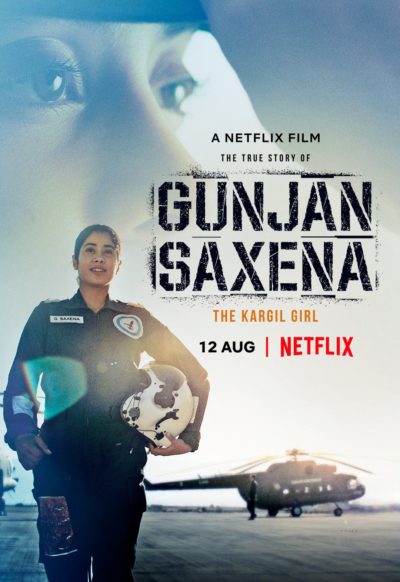 This is the story of Gunjan Saxena (Kapoor), one of the first women to be admitted into the Indian Air Force as a pilot. Near the beginning is a rather effective scene in which she’s taken up to the cockpit of the jet on which she is flying with her father (Tripathi). The look of wonder on the young girl’s face as she sees the flight deck does a better job of putting over the sheer joy of flying than all the many montages that will be crammed in over the next 110 minutes. It’s a “Miyazaki moment”, if you are familiar with the work of Hayao Miyazaki, which often features sequences that capture the same joy.
This is the story of Gunjan Saxena (Kapoor), one of the first women to be admitted into the Indian Air Force as a pilot. Near the beginning is a rather effective scene in which she’s taken up to the cockpit of the jet on which she is flying with her father (Tripathi). The look of wonder on the young girl’s face as she sees the flight deck does a better job of putting over the sheer joy of flying than all the many montages that will be crammed in over the next 110 minutes. It’s a “Miyazaki moment”, if you are familiar with the work of Hayao Miyazaki, which often features sequences that capture the same joy.
She wants initially to be a commercial pilot, against the wishes in particular of her older brother Anshuman (Bedi) and her mother. But her father is encouraging and sympathetic, even when her career diverts Gunjan into the Air Force, part of the first batch of female recruits. The rest of the film is notable most for its well-crafted and polished predictability. She has to overcome barriers, both physical (she’s too short to become a helicopter pilot – fortunately, she has long arms. No, really: that’s literally the get out) and those of a military culture which is not yet prepared to treat women as equals. Inevitably, there’s a commanding officer who takes the recruit under his wing, and Gunjan overcomes her own self-doubt, with the help of her father’s encouragement.
She is sent into battle as part of the Kargil war in 1999 (more of a spat, really, lasting a couple of months on the border between India and Pakistan), but public concern over her possible fate as a POW forces her removal from the front lines. It all ends up looping back to the scene at the beginning where, equally inevitably, an emergency gives her the chance to redeem herself, on a mercy mission to rescue injured colleagues who are under enemy fire. Apparently, disobeying orders in the Indian military gets you feted for your initiative, which would seem to be something more likely to happen in movies about the military, than the actual armed forces.
There have been significant complaints about this being an unfair depiction, with the Air Force writing to the Indian censors objecting to the way it was portrayed. That may explain the lengthy pre-film disclaimer, including this odd paragraph:
The producers, directors, artists or others associated with this film are all law-abiding citizens and have not created this film to incite any disorder or lawlessness.
Saxena herself said she never experienced discrimination at the organization level, only from individuals. Obviously, I can’t speak to that, and my concerns are more about the very obvious and cliched nature of the script. There is a good point to be made, about the importance of chasing your dreams, in the face of adversity, and Kapoor’s depiction is winning and likable enough. I certainly can’t complain about the technical aspects, especially in the flying sequences, which are also well constructed. It’s just that the “woman overcomes the adversity of being a woman” story is a cinematic dead horse, and this has little or nothing new to add to it.
Dir: Sharan Sharma
Star: Janhvi Kapoor, Pankaj Tripathi, Manav Vij, Angad Bedi






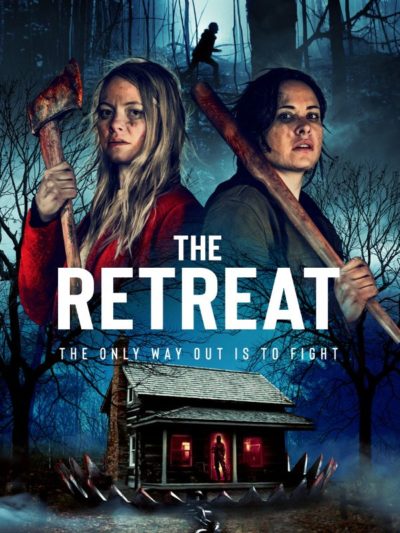 After the unexpected pleasures of
After the unexpected pleasures of 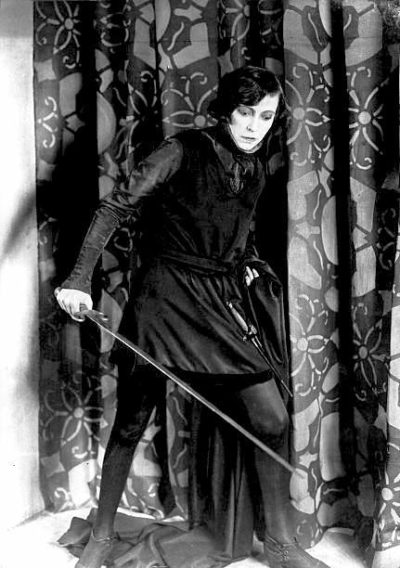
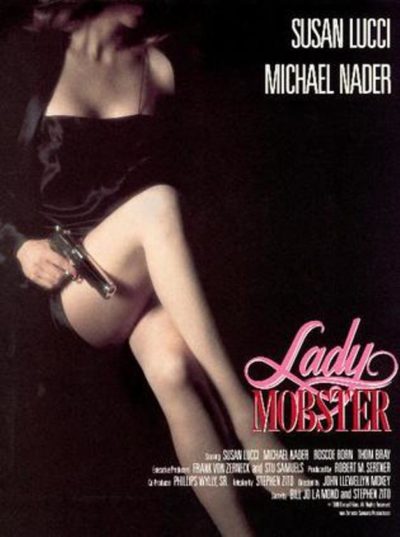
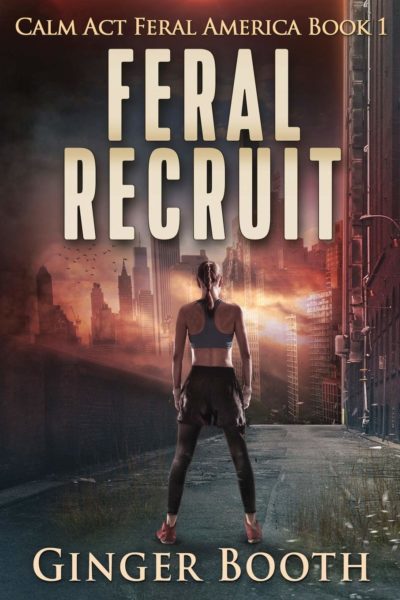

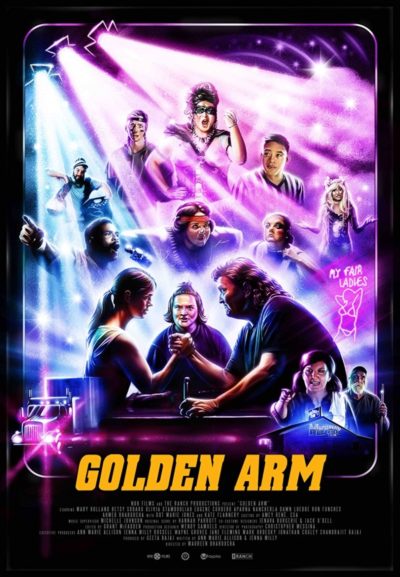 The sport of arm-wrestling has been featured in the movies before, most notably the Sylvester Stallone vehicle, Over the Top. But that wasn’t a comedy – at least, not intentionally. This entry, as well as switching to the distaff side, also has its tongue in cheek, while still sporting a strong message about female empowerment, that never becomes a lecture. If you’re looking for an inspiration I’d saw the
The sport of arm-wrestling has been featured in the movies before, most notably the Sylvester Stallone vehicle, Over the Top. But that wasn’t a comedy – at least, not intentionally. This entry, as well as switching to the distaff side, also has its tongue in cheek, while still sporting a strong message about female empowerment, that never becomes a lecture. If you’re looking for an inspiration I’d saw the 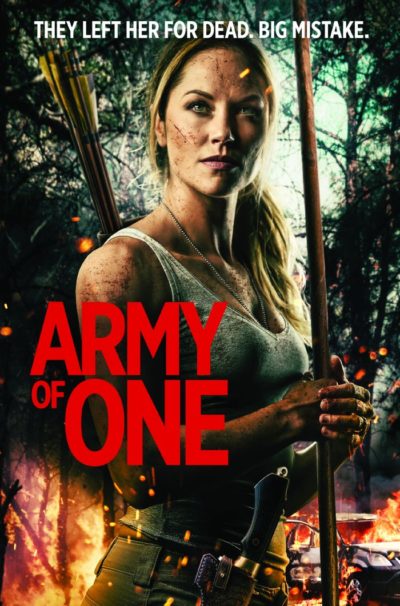
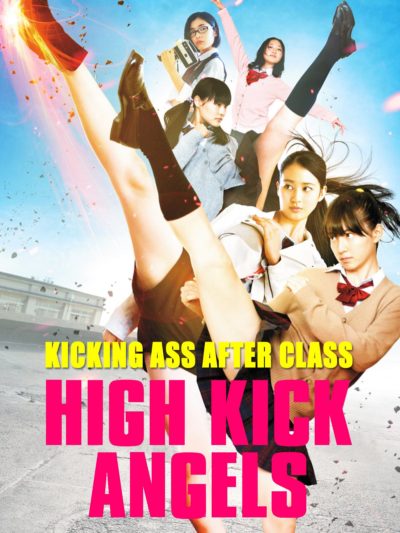
 This was a rather pleasant surprise. I was expecting a pretty naff entity, more interested in titillation than anything else. I actually got a thoroughly entertaining 90 minutes, with considerably better martial arts than I predicted. Sure, the story – as the tag-line above suggests – is hardly original, and the performances are… well, let’s say variable, and leave it at that. Yet this overcomes its limitations with heart and energy. It takes place in a recently abandoned school where a film club have gained permission to make a movie starring Sakura (Miyahara) and Maki (Aono). Shooting of their zombie epic is rudely interrupted by the arrival of a gang of miscreants, led by J-Rose (Morishita). They’re looking for five USB drives hidden in the school, that combine to give access to money embezzled by a previous school head. They lock down the establishment, and won’t let five schoolgirls get in the way.
This was a rather pleasant surprise. I was expecting a pretty naff entity, more interested in titillation than anything else. I actually got a thoroughly entertaining 90 minutes, with considerably better martial arts than I predicted. Sure, the story – as the tag-line above suggests – is hardly original, and the performances are… well, let’s say variable, and leave it at that. Yet this overcomes its limitations with heart and energy. It takes place in a recently abandoned school where a film club have gained permission to make a movie starring Sakura (Miyahara) and Maki (Aono). Shooting of their zombie epic is rudely interrupted by the arrival of a gang of miscreants, led by J-Rose (Morishita). They’re looking for five USB drives hidden in the school, that combine to give access to money embezzled by a previous school head. They lock down the establishment, and won’t let five schoolgirls get in the way.